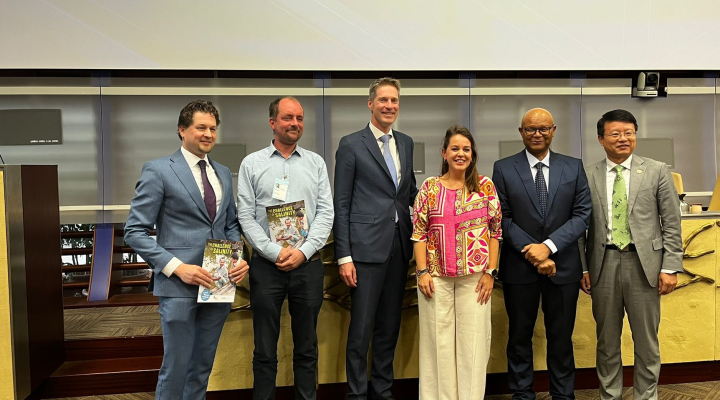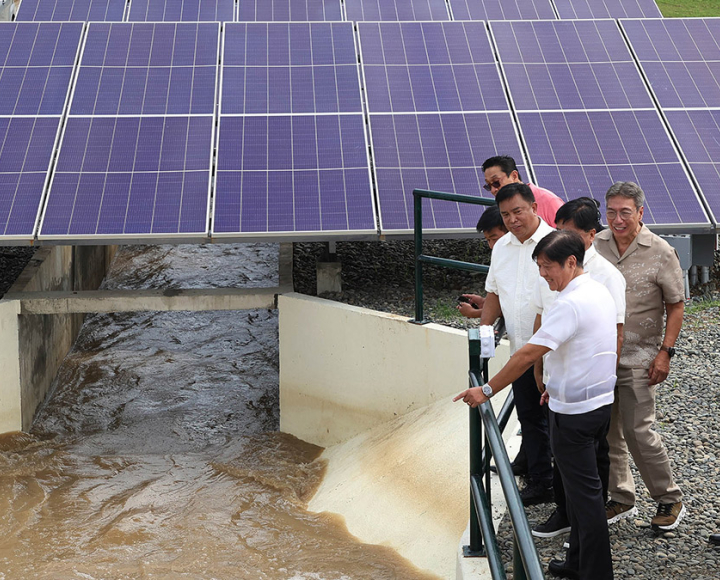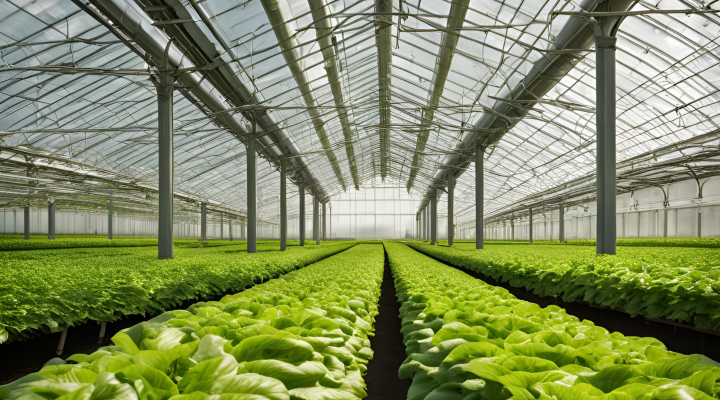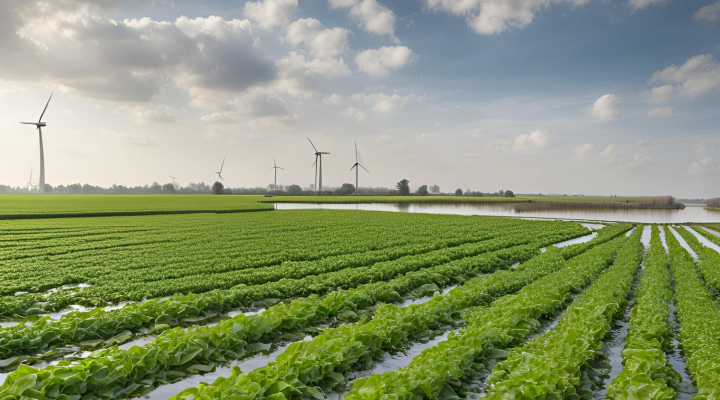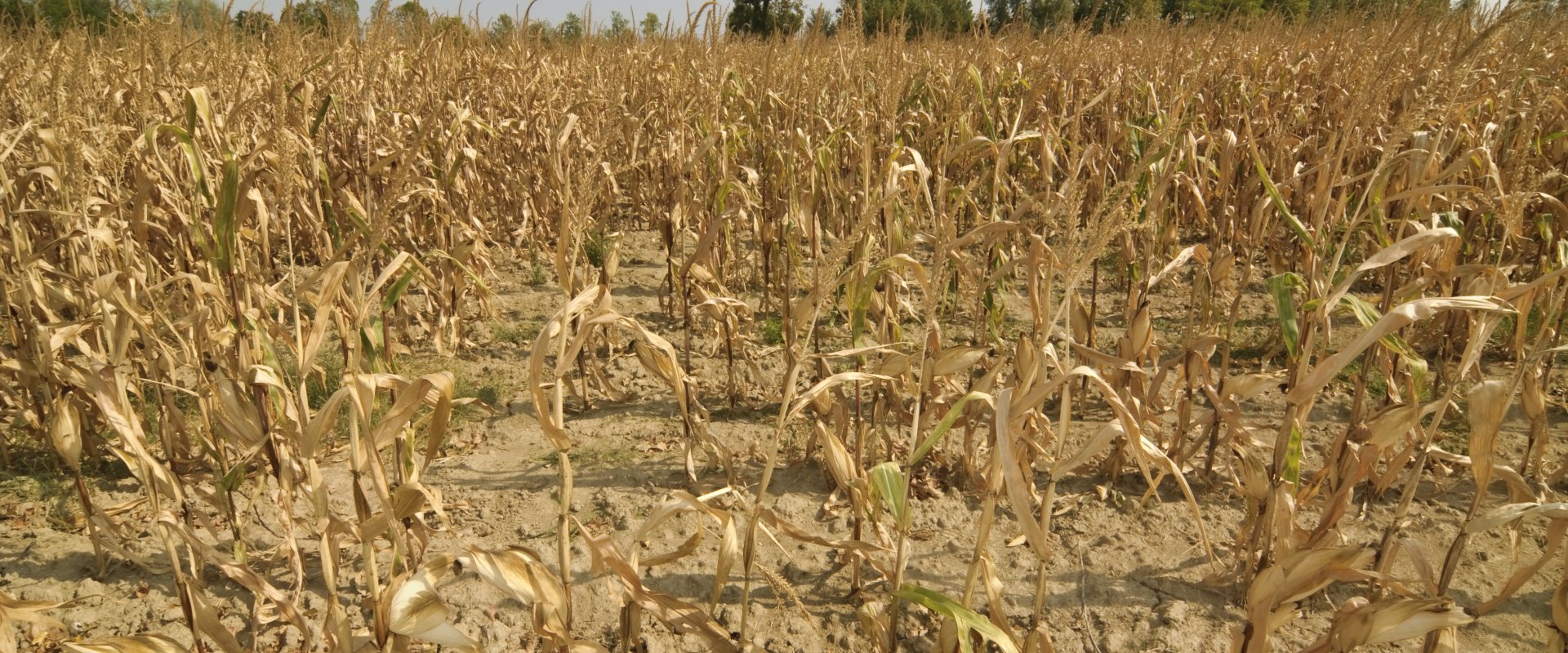
Research push for climate robust water management
The Dutch Research Council has awarded five consortia of researchers a total of more than 5.5 million euros to carry out research on climate-robust production systems and water management. This push for knowledge development is aimed at developing integral solutions for climate-resilient agricultural production that fits within the regional soil and water systems.
As a result of climate change, the Netherlands will increasingly face changing precipitation patterns with longer periods of drought alternating with periods of intense rainfall in a short time. This has considerable consequences for agriculture and horticulture. The consortia of researchers, companies and public organisations will carry out research into scaling up private and collective water storage for robust agricultural systems, designing climate-robust and valuable nature-based sand landscapes of the future, increasing freshwater availability in coastal areas and modelling, monitoring and predicting drought.
Public and private partners will contribute to the projects with co-funding of a further 600,000 euros. The interdisciplinary research projects have a maximum duration of six years and will start mid-2022.
Salinisation in coastal regions
One of the research projects, led by Delft University of Technology, focuses on climate-resilient agriculture in the Dutch salinizing coastal delta. Fresh water availability for agriculture in the Dutch coastal area is limited and under pressure of climate-change. The consortium, named AGRICOAST, aims to enhance the fresh water availability by means of various technological innovations and management solutions.
“Salinisation in the coastal area is a real problem for farmers and horticulturists,” says Paul Struik, professor of crop physiology at Wageningen University and Research and involved in the project. “And the problem is getting worse because of climate change.”
By means of design-based research, the uptake of the developed water management and crop production innovations is facilitated to pave the way to self-sufficient and climate robust agriculture in the Dutch coastal region.
Looking for a WUNDER
The WUNDER project led by the University of Twente has also received funding for their research to understand the behaviour of soil and vegetation during prolonged droughts, and to develop solutions that mitigate drought damage to crops. The research partners want to develop an integrated modelling system, which could be used to explore strategies for managing, planning and adapting agriculture and nature systems to extreme droughts.
High impact research
The projects are part of a knowledge and innovation programme that stands for groundbreaking innovative solutions with societal and economic impact. Companies, knowledge institutions and government bodies jointly invest in the commercial application of knowledge so that smart technologies can tackle major societal challenges. The Dutch Research Council brings companies and knowledge institutions together and funds groundbreaking research based on their innovative, high impact research proposals.




